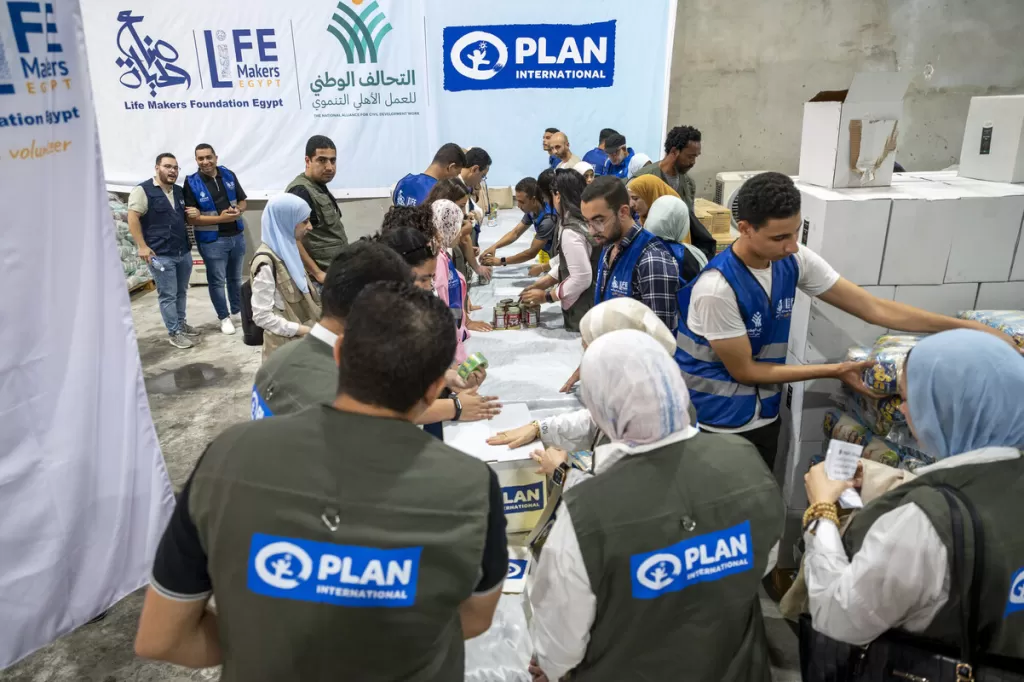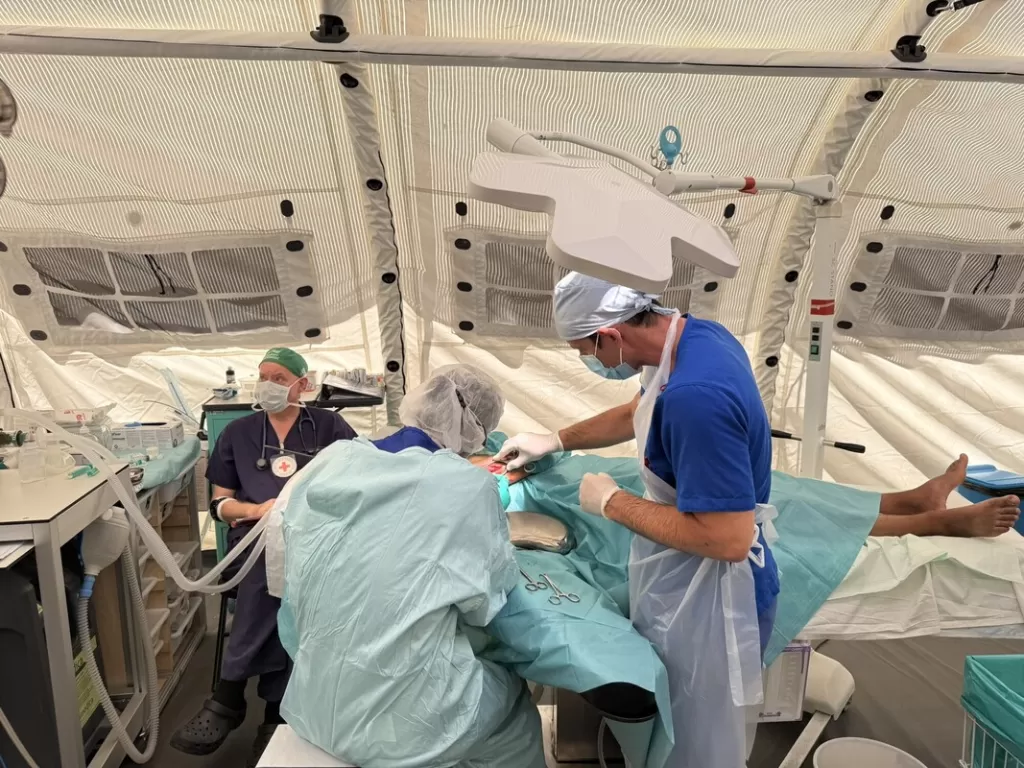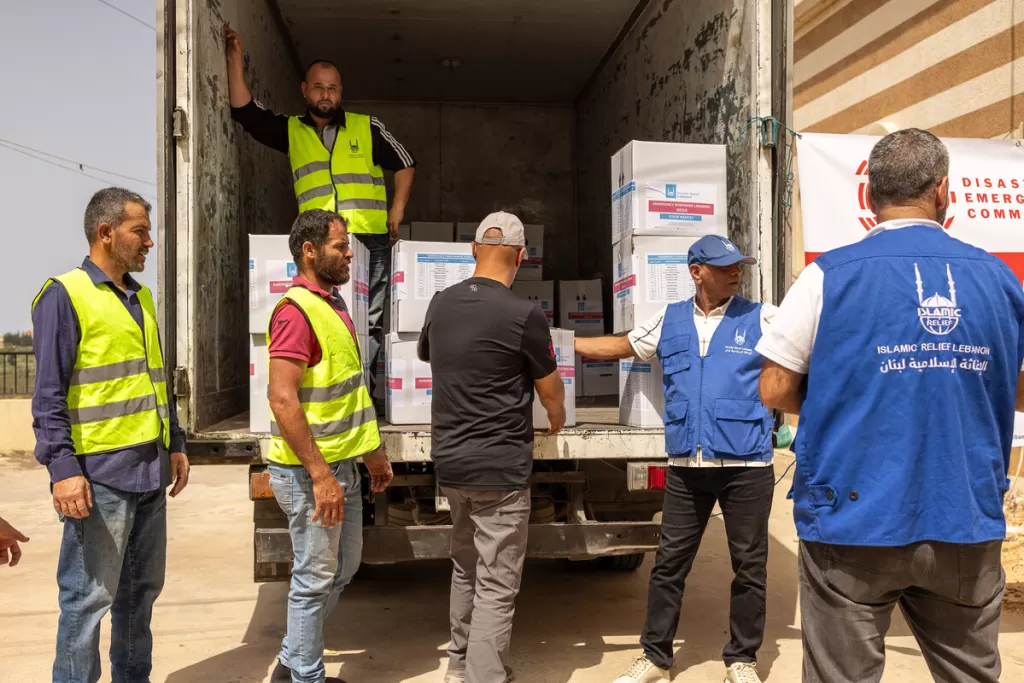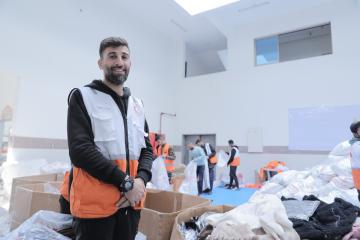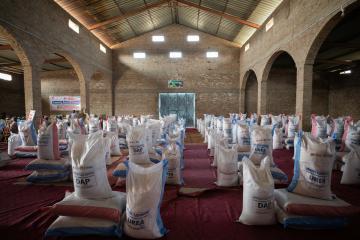DEC charities and their local partners are continuing to provide lifesaving support to people in Gaza, Lebanon, the West Bank and Syria, as they have been doing throughout the crisis.
The ceasefire agreement in Gaza provides desperately needed hope and relief for so many people whose lives have been devastated by conflict.
Gaza
In Gaza, DEC charities and their local partners are now preparing to scale up their work again, after months of extraordinary challenges delivering aid.
Hundreds of trucks of food, medicine and essential supplies have started to enter, with many more expected in the coming days. DEC charities and their partners are working to resume lifesaving activities across Gaza at scale, including urgently needed food and water distributions.
In August, famine was confirmed in Gaza across Gaza City and the surrounding areas, where more than 500,000 people were living at the time. The announcement marked only the 5th time in more than 20 years that the UN-backed Integrated Food Security Phase Classification (IPC) system has been used to confirm famine.
Over the past months, extraordinary challenges around aid delivery in Gaza have had a devastating impact on the work of DEC member charities and their local partners. With extremely limited supplies of food, fuel and medicine, they have been unable to carry out much of their lifesaving work. Staff and their families have faced unimaginably harsh conditions and risk, but continue to work addressing people's needs.
Under the ceasefire agreement in Gaza, access for much needed humanitarian aid is expected to increase. DEC charity Plan International has been working across the border in Egypt, packing much needed supplies.
Sustained access for aid in the coming weeks is critical to help them save lives.
“It’s a lifeline, although it’s a drop of what is needed inside Gaza. Everyone inside Gaza needs the assistance – they are hungry and they’ve been starving. Everyone needs it but we always prioritise the most vulnerable.”
- Dr Unni Krishnan, Global Humanitarian Director for Plan International
Several of Plan’s trucks have now entered Gaza with food and other essential supplies. Each truck contains food packets sufficient to provide assistance for 6,000 people in Gaza with food for 5 days.
Dr Unni explains: “When the trucks leave the warehouse they travel for 4-5 hours to reach the border with Gaza. Once there our Palestinian partners distribute it to the most vulnerable.”

